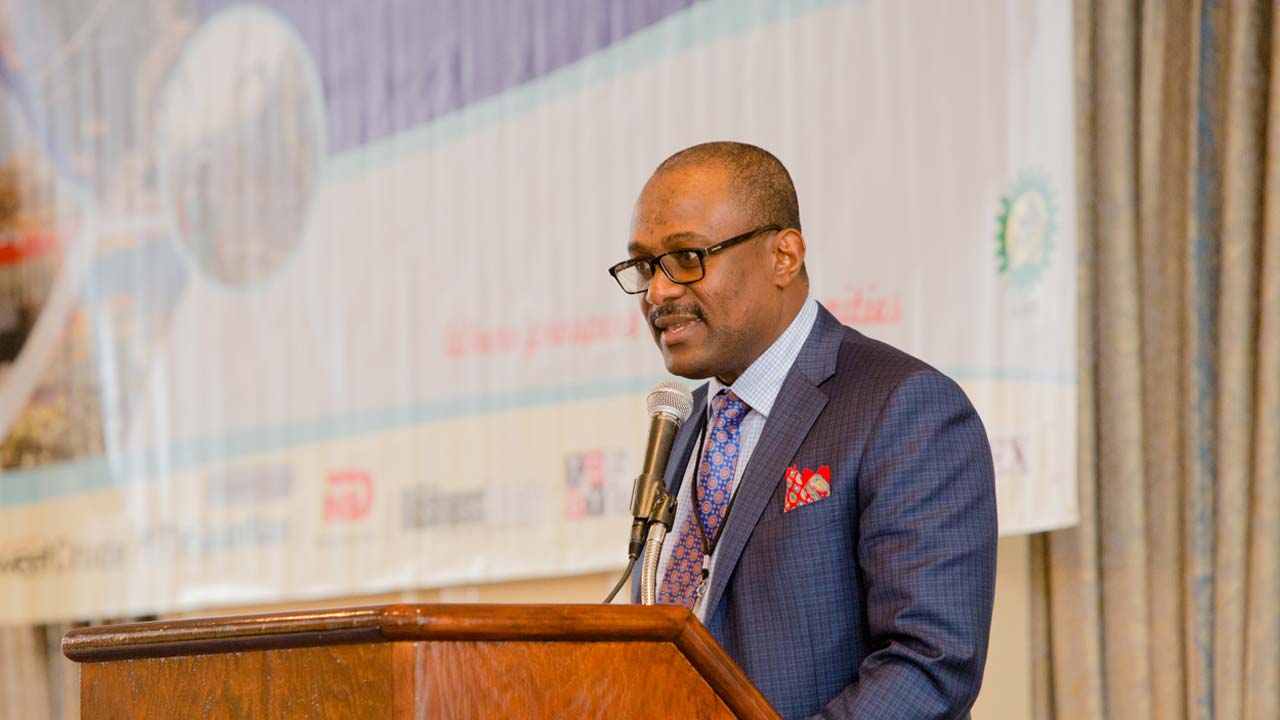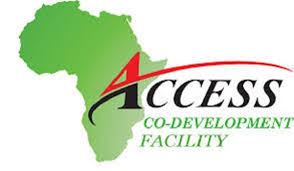The Executive Secretary, Nigerian Content Development and Monitoring Board (NCDMB), Mr Simbi Wabote, has revealed that the natural location of Brass Island in Bayelsa State remains the best in comparative advantage for investors in oil and gas in the country.
Speaking during the donation of a modular science laboratory to Model Government Secondary School, Twon Brass, and an Information Communication Technology Centre to Government Secondary School Okpoama, both in the Brass Local Government Area of the State, Wabote said “Brass Island is the closest point from which one can access many of the Floating Production, Storage and Offloading platforms that operate off the shores of Nigerian waters.”
“Some offshore oil and gas fields are currently being accessed from far locations like Lagos, with considerable cost implications.
“Developing and utilising nearby locations like Brass Island for oil and gas logistics operations would help the industry achieve significant reduction in the cost of oil production.
Continuing, Wabote averred that “Part of the strategy is to site logistics requirements where it is easy to access, reducing time, fuel consumption and improving turnaround maintenance time. A serious study is going on currently to see the things that would be possible on the Island of Brass in order bring down our cost of production.”
The NCDMB boss made it clear that investments opportunities that are being considered by the Board for Brass Island include location of a modular refinery in partnership with Waltersmith Petroleum Limited and utilising feedstock from the Nigerian Agip Oil Company, which operates in the location.
He explained that “It is also a veritable location for even a dry dock facility or a floating dock facility. The NCDMB is currently studying a strategy for establishing and enhancing all the existing dry dock facilities to maintain our ships, light crafts and also expand our integration base in the country.”
On the donations, Wabote disclosed that “So far, the NCDMB has donated 25 ICT centres to secondary schools across the country and built the capacity of teachers in some states, including Katsina and Bayelsa states, as part of its capacity building and corporate social responsibility programmes.
“We believe in enhancing the quality of Science, Technology, Engineering and Mathematics education. It is sad that in some secondary schools, particularly in remote locations, students are taught these subjects without any practical experience. Our strategy going forward is to encourage STEM education as well as ICT in secondary schools across the country,” NCDMB boss added.








